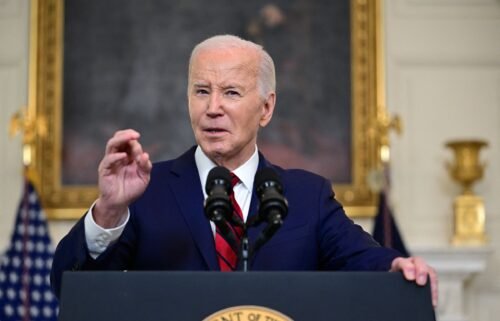The two biggest pieces of disinformation in the UK election have come from the government

These days, everyone is concerned about foreign actors spreading disinformation in the run-up to elections. Until now, in the United Kingdom at least, we’ve not had to worry about the governing party indulging in the same practice.
But that’s where we are.
During Tuesday night’s debate between Boris Johnson and Jeremy Corbyn, the official Twitter account that represents the press department of Johnson’s Conservative Party changed its name from CCHQPress (CCHQ is for Conservative Campaign Headquarters) to “factcheckUK.” The account’s bio stated that it would be “Fact checking Labour from CCHQ.”
At a stroke, the account had gone from being clearly associated with a political party to appearing to be an independent fact checker. Only users familiar with the obscure CCHQ acronym would have known what they were looking at.
The account went on to make contentious statements presented as “facts” in response to things that Corbyn said during the debate. At the end, the account declared Johnson the winner.
After an almighty storm, Twitter said that further attempts at deception would result in “decisive corrective action.”
For the party of government to stand accused of deliberately duping the public is deeply problematic.
The wider context is important, too. This election is taking place in the shadow of a highly charged argument about Russian interference in British democracy. Many people have serious and legitimate concerns about foreign actors trying to influence UK politics, especially in the context of Brexit.
The UK Intelligence and Security Committee recently finalized its report on how Russian operatives tried to interfere and spread disinformation during the 2017 election. CNN reported earlier this month that the report contained witness testimonies claiming that successive governments had turned a blind eye to Russian influence in the British political establishment.
As far as the ISC is concerned, the report is ready to publish. However, this can only be done when parliament is sitting, and the report wasn’t released before parliament was dissolved ahead of the election. That led to accusations that Johnson had suppressed it.
So, in this context, it is not a good look for the government that it is held responsible for the biggest piece of disinformation in the campaign so far. And it’s not the Conservatives’ first such move. Only last week, the party was caught red-handed, having posted a video of Labour’s Brexit spokesperson Keir Starmer, misleadingly edited to look as if he was unable to answer a question on the party’s Brexit policy.
In some respects, this online warfare shouldn’t come as a great surprise. Conservative sources described to CNN that its campaign headquarters had a team internally called the “Labour Lie Unit,” whose sole job is to knock down claims made by the opposition. Given that the social media battlefield not only gives the parties greater reach, but also avoids the need for dealing with pesky journalists, this campaign strategy was almost inevitable.
“Propaganda and spin have always been part and parcel of the political game, as bad as that sounds. And that’s the reason fact-checkers exist,” explains Alastair Reid, digital editor at First Draft, a non-profit organization working to expose disinformation around the world. “Now we’re a few years into this and the people seeking to control the agenda and push their own narrative are changing tactics to regain trust.”
It’s hard to see things improving in the immediate future. In response to the criticism, Conservative Party chairman James Cleverly tweeted that the Labour Party had its very own fact checking Twitter account that, again, a cursory glance doesn’t make clear is affiliated with the UK’s official opposition.
And the Labour Party is far from innocent in the disinformation war. The party’s main line of attack has so far been about Johnson’s desire to do a post-Brexit trade deal with the United States. Labour claims this is so he can sell out the National Health Service to President Donald Trump, a very unpopular man in the UK.
It’s a great bit of politics, but has little grounding in reality.
“We ask politicians to meet a simple standard: Get your facts right, back up what you say with evidence, and if you make a mistake, correct it clearly and publicly,” Tom Phillips, editor of FullFact. “In this election the public are being asked to make serious decisions that will shape the future of the country in profound ways. We think the parties should take it seriously as well.”
But given the success both parties are having with questionable interpretations of reality — and their reluctance to apologize for disseminating this nonsense — it looks like we are stuck with it.




